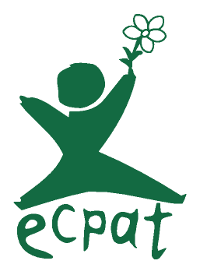Since October 2019, ECPAT Belgium has been a partner on the CAPISCE project (Child victims of trafficking: Access to Protection and Information based on their Specific needs during Criminal investigation and procEedings).
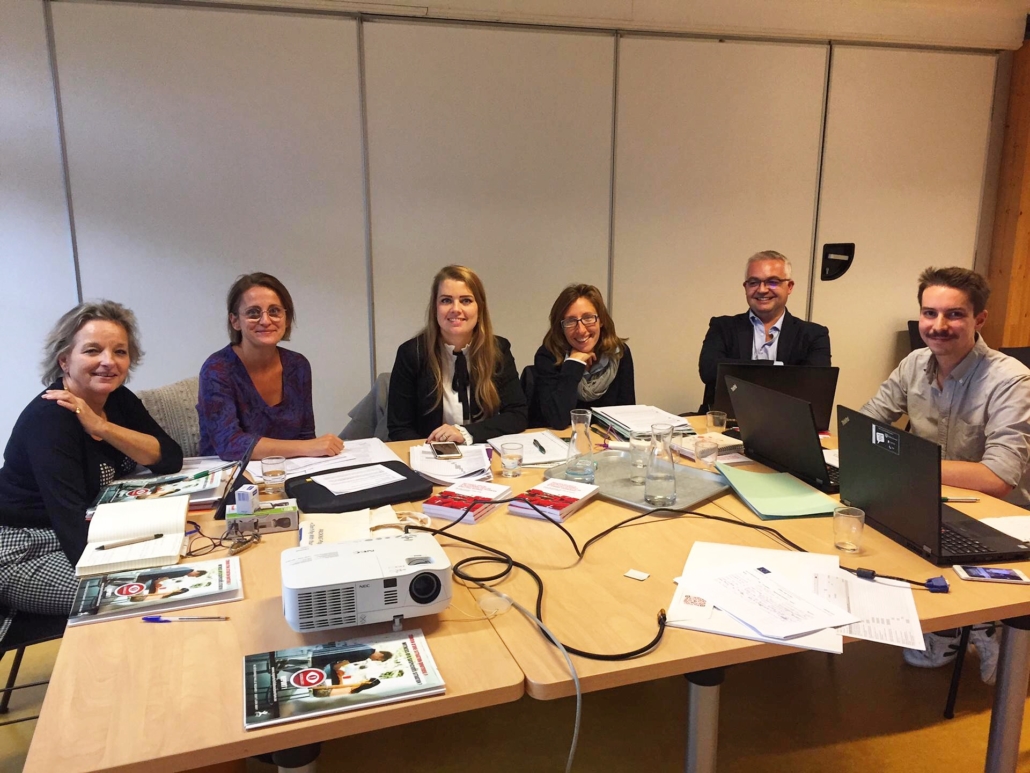
Since October 2019, ECPAT Belgium has been a partner on the CAPISCE project (Child victims of trafficking: Access to Protection and Information based on their Specific needs during Criminal investigation and procEedings).

Professionals from the youth sector are on the front line in detecting potential cases of sexual exploitation and trafficking of children. Unfortunately, they are often too unequipped to identify signs of concern and take appropriate actions to protect victims.
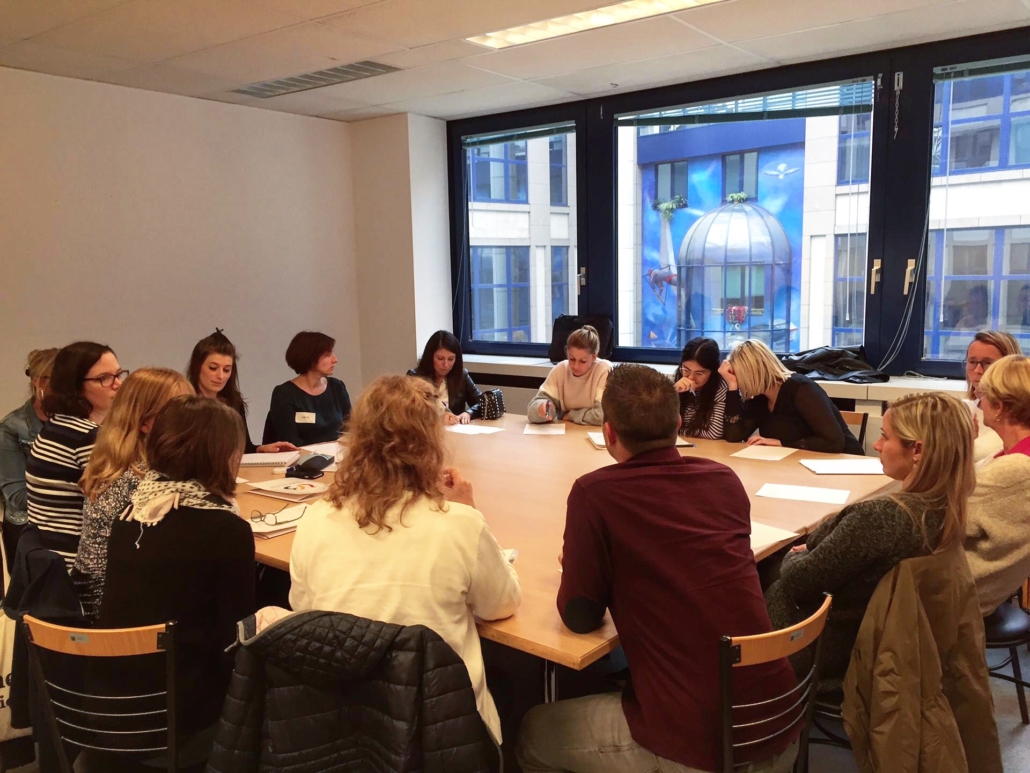
To mark the 13th EU Anti-Trafficking Day, ECPAT Belgium invites you to attend the premiere of a powerful movie “By the name of Tania” on October 18, 19:00 at Cinéma Palace in Brussels.

Imagine a Nigerian minor forced into prostitution with false documents. Or children forced to commit robberies in organized gangs. While being victims of trafficking of human beings, these minors are also perpetrators of crimes committed under duress. Can justice prosecute them? Yes, but since July 1 2019, these victims can no longer be punished for offences resulting from their exploitation.

Going on a trip abroad this summer? Stay alert and help us fight against the sexual exploitation of children even in another country!

Since August 1, ECPAT Belgium fights to end sexual exploitation of children from its new office in a co-working space located in Impact House.

On May 9, Pope Francis introduced a new decree into canon law requiring the denunciation of cases of sexual violence against minors. This text was eagerly awaited by the victims, does it keep all its promises?

How can the collaboration between ECPAT members from Eastern and Western Europe be strengthened? A very inspiring exchange of good practices on 16 May in Vienna, where ECPAT Belgium presented the (De)clic project.
Many ideas for joint projects emerged at the end of this session, which brought together about thirty groups from Europe and Central Asia.
ECPAT Belgium also gave a presentation on the European funding available, in order to find ways to make these future projects a reality.
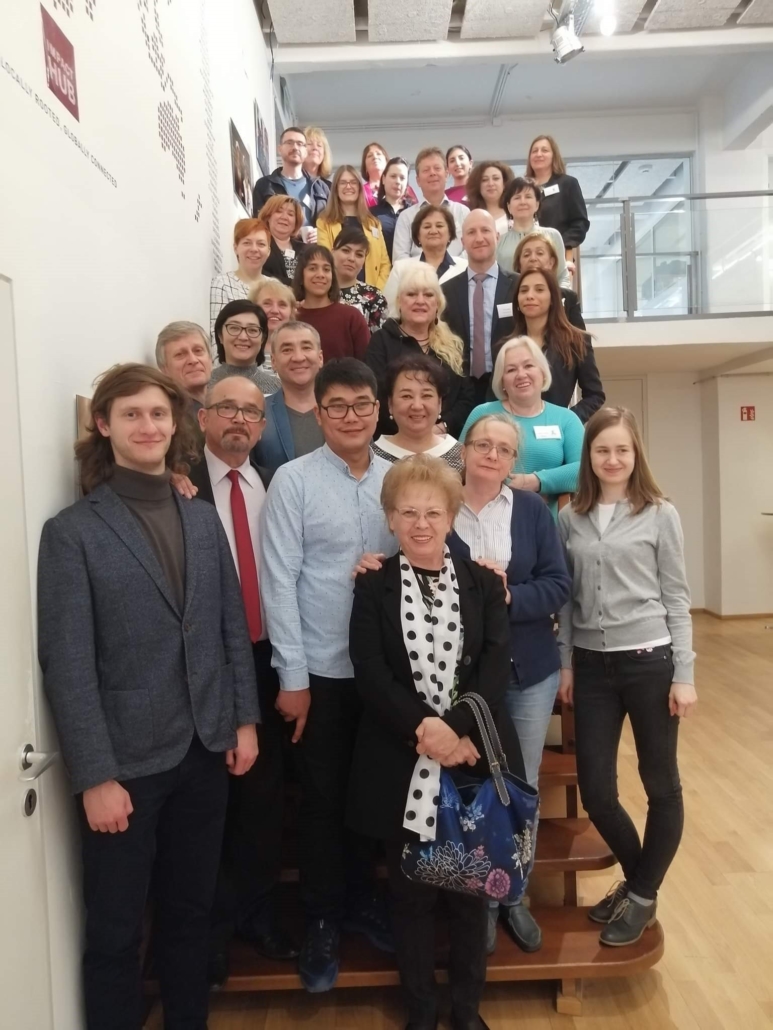
A first! ECPAT Belgium trained 40 workers in the youth care sector to detect and react to cases of child trafficking.
Using interactive and participatory methodologies, different questions were discussed with the participants: what are the forms of trafficking encountered in Belgium? What indicators should alert? What procedure should be followed in case of suspicion?
This training is extremely useful because many child victims of trafficking are not identified by professionals in the field.
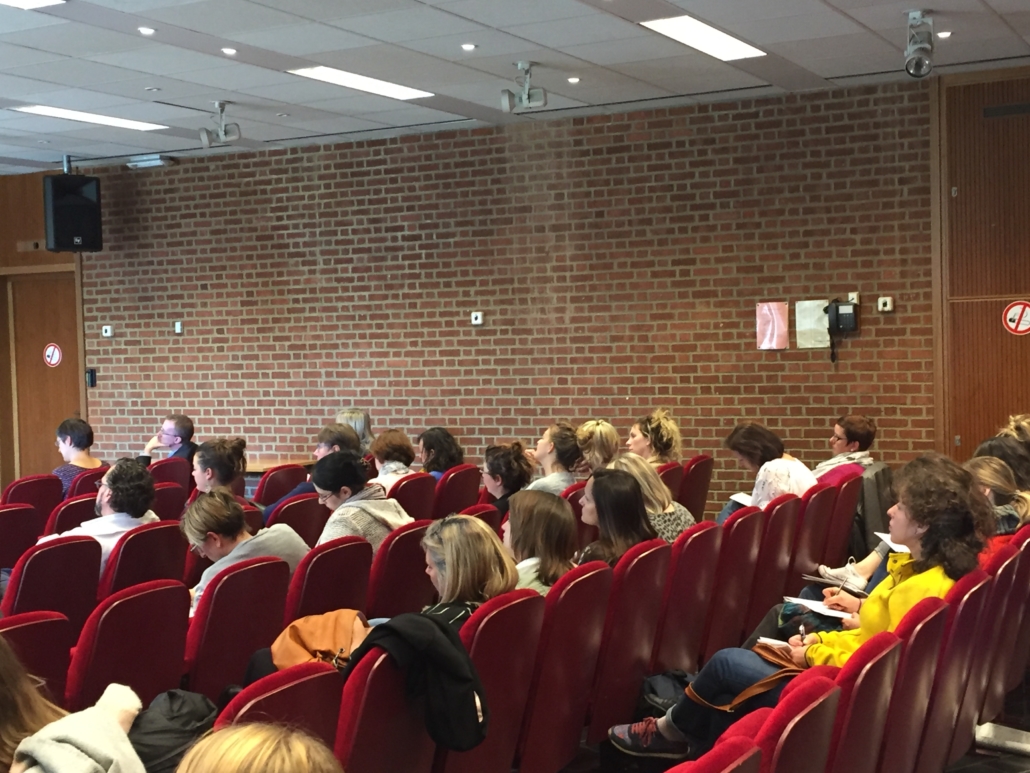
Our Website uses cookies to improve your experience. Please visit our Legal notice page for more information about cookies and how we use them.
Close